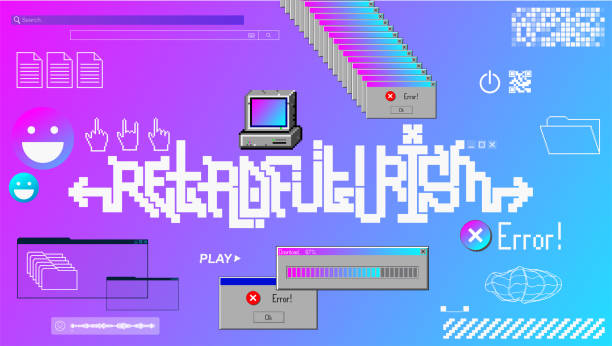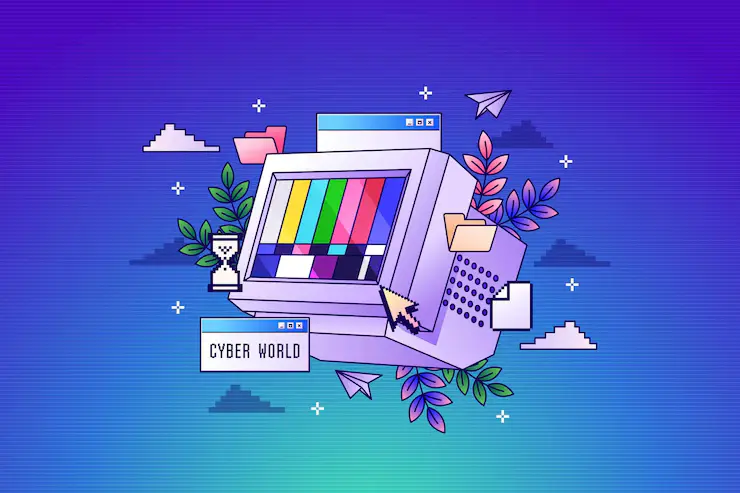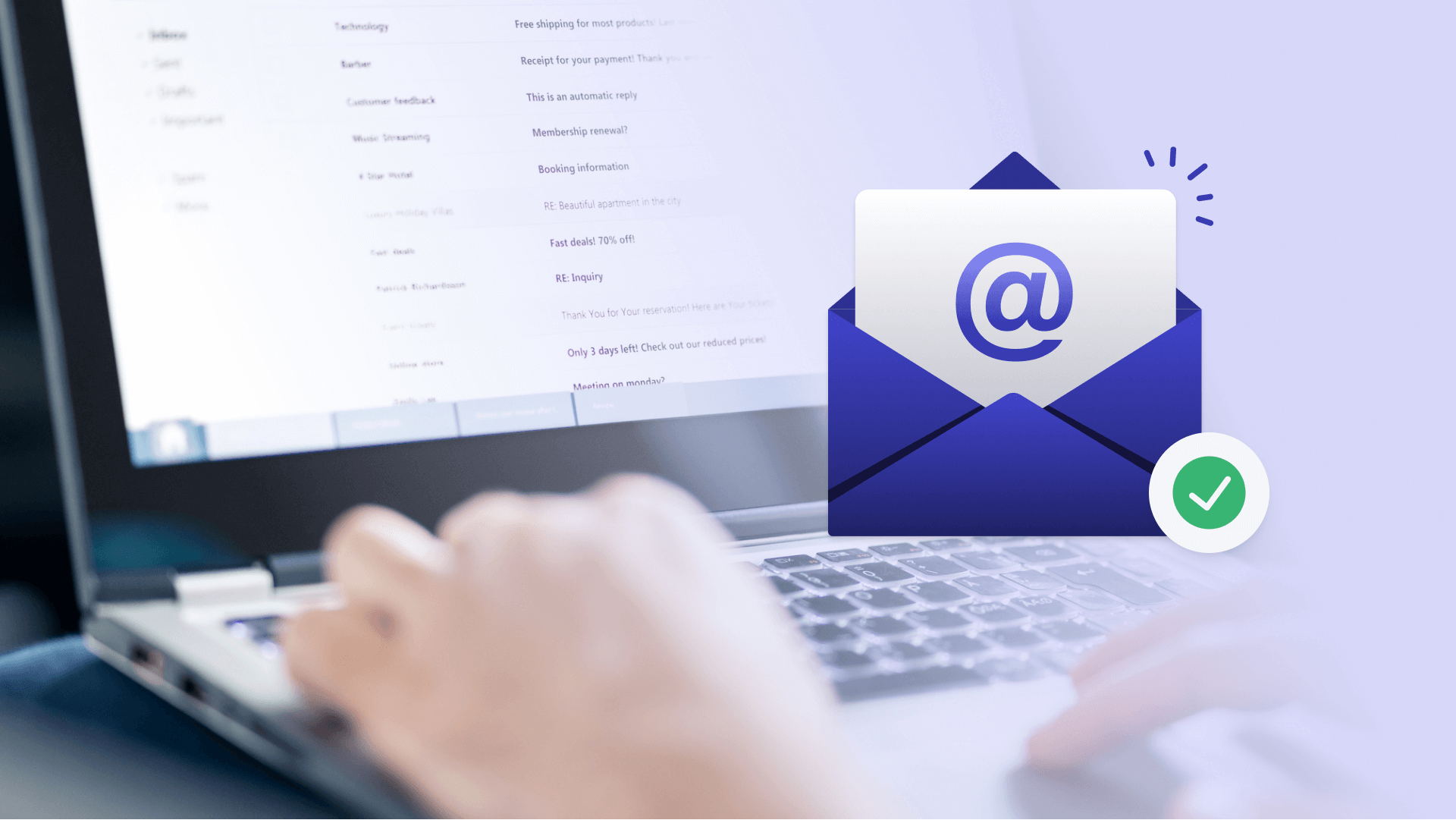How To Take Care Of Your Mental Health As A Freelancer

Table of Contents
Introduction
Over the past couple of years, many workers have turned to the freelance career route to take control of their work lives. With more of us working from home and in remote locations, we’re collectively learning to embrace our jobs in a new way.
Having newfound control over your job is exciting at first. There are so many potential clients, projects, and possibilities! Where do you even start? However, many freelancers found that after the initial excitement, working from home comes with certain downsides too.
Studies have shown that 50.08% of workers experienced burnout from working remotely. This statistic is shocking and shows us that we need to take time to put our mental and physical health first when it comes to work-life balance.
Are you interested in improving your mental health when working remotely? Here are some of the best ways to look after yourself when working freelance.
Why Is Taking Time For Your Mental Health Important?
Before we start suggesting handy tips for working as a freelancer, we think it’s important to recap why it’s important to be proactive about your mental health.
When you start freelancing it’s easy to get carried away enjoying the lack of commute time, the flexible hours, and the freedom to take on any project you want. Without a good mental health plan, freelance life can quickly become lonely, overworked, or the workflow may stop abruptly too. Sadly, this can then turn into depression and anxiety if left unchecked for too long.
Luckily, freelancers don’t have to work like this! With a few tips and tricks and a good freelance business plan, you can keep your mental health in check whilst having a fulfilling career too. If you’re feeling low or stressed, always talk to a medical professional if needed.
What Are The Top Causes Of Stress For Freelance Workers?
Anxiety and depression are more common in freelancer workers, but why is this? Surely when your career is in your hands it’s more exciting and fulfilling? Well, in reality, freelancer workers face a different range of stresses than the everyday office worker.
Here are some of the top causes of stress for freelancers:
- Admin tasks – From taxes to contracts, freelancers deal with every aspect of running a business and this can take its toll mentally.
- Workloads – Working from home blurs the line between home and professional life. Freelancers often report feeling guilty for relaxing and suffer from pressure to work after hours. On the other hand, working freelance can sometimes include dry work spells where no projects are available.
- Money – Unsurprisingly, money was another top stress amongst freelancers. From irregular incomes to unpaid invoices, freelancers are often forgotten by employers and this leaves them anxiously waiting for payments.
- Client communications – Collaborating with lots of different clients can cause added stress. With clients expecting different workloads and different deadlines, it can be a lot to juggle at once.
It’s important to remember that a freelance career can be very rewarding and fulfilling when you work to an efficient plan and keep strict boundaries with clients. Whether you’re new to freelance life or not, it’s always good to refresh your mental health plan! Keep on reading for some key tips to follow.
How Can You Take Care Of Your Mental Health As A Freelancer?
If you’re feeling stressed out, try implementing some of these expert tips into your freelance work life. Always remember to talk to a professional if you’re feeling especially down, anxious, or depressed.

Join A Community
As humans, we are social beings. When you start working from home, you’ll start missing out on the day-to-day interactions with clients and colleagues. While office small talk may seem insignificant, this makes a big difference to our mental health while at work.
It’s important to replace the work-based chatter when working alone so you don’t end up feeling isolated. If you don’t have any friends or family that work freelance, you should try seeking a community of freelancers on Facebook or forums. Finding a group of like-minded workers will give you an open space to vent, ask questions, learn, and have general chats with other remote workers. You never know – you may find people to collaborate with too here!
Use A Work Schedule
There’s nothing like a good calendar or list to keep your work life in order. Freelancers often find it difficult to switch off after work, as they usually feel like they should be using every spare moment to build their business.
Instead of stressing out, create a strict schedule for your work routine. This should include your tasks for the day, admin tasks, client emails or calls, and any other specific jobs for your career. Once you sit down and map out your work, you can follow the plan and not work in your spare time or evenings again.
It can also help to set boundaries with clients – for example not responding to messages after work hours unless it’s an emergency. This will help you regain your free time and your stress levels will drop instantly.
Another key tip for sticking to your schedule is not taking on last-minute work. We’ve all had a client ask for work on short notice, while our money brain might suggest we do it, we need to step back and think about our mental health and the amount of work we already need to finish. Large projects and unrealistic deadlines cause you excess pressure and aren’t good for your mental wellbeing!
Try Some New Self-Care Routines
If you’re feeling overwhelmed and anxious when working, the chances are your self-care routine needs an update. When finding a self-care practice that suits you, it’s important to check in with yourself and examine what practices make your body and mind feel better. You want self-care to refresh you, not add another chore to your daily list.
You should enjoy your self-care activities and they should add to your life too. Whether they improve your health, fitness, or mindfulness, these activities are there to help you chill out. For example, taking the time to prepare a nutritious meal takes your mind away from work, gives you nutrients, and it’s enjoyable too!
Other popular self-care activities include:
- Exercising
- Meditation
- Hiking or walking
- Starting a new hobby or picking up an old activity
- Cooking or baking
- Chatting to friends and family
If you’re struggling to find a self-care practice that works for you, list activities that make you feel centered. You can also experiment with different techniques on a week-by-week basis and keep doing the activities that work best. Your needs will change over time, so always be open to different types of self-care.
Be Kind To Yourself
Unfortunately, when you’re working for yourself rejection and failed pitches come with the territory. This can be tough if you’re new to the field, however, you must always remember to be kind to yourself even if you didn’t get the project you wanted.
You can talk to any freelancer and they’ll all have similar stories, sadly this is just part of the freelance life. It’s key to not see rejection as a reflection of yourself though! Maybe you weren’t a right fit for the project or client and that’s okay. It’s probably that the project wouldn’t have worked for you either, and remember there’s always a new and more exciting project around the corner.
Taking time to learn from these scenarios is also a great way to strengthen your skills. If you know the reason you didn’t get the job you can either work on building the particular skill or avoid jobs that need this element in the future. You’ve got this!
Get Social
While we’ve already discussed the importance of connecting with others when you work alone, we also think it’s important to have regular non-work-related contact too. Chatting to freelancers about work issues is great, but don’t let that be your only source of communication.
Take time to call your friends and family too! Whether you organize a quick lunch break in Facetime or you meet for a safe face-to-face chat, any interaction will help you take your mind off stressful work. It’s also a great way to get inspiration and perspective too, so when you next feel burnt out make sure you have a friend you can chat to.
Avoid Comparisons
Comparison is said to be the thief of joy, but next time you end up falling into this thinking pattern don’t beat yourself up! Just become aware that it’s normal to have these thoughts, however, everyone is on a different journey.
Working freelance leaves a lot of scope for comparison. Whether you’re looking at competitors’ clients, projects, or followers, competition is a part of the job. Don’t let this eat you up though, as you’ll never know how long someone has been working on their business and it’s likely that you have others examining your progress too!
If you notice comparison-based thoughts, use them to improve yourself and your learning. Don’t fall into a spiral, instead, investigate why you feel jealous and then educate yourself on how you can improve your work. At the end of the day, kindness to yourself will help you grow, but being harsh won’t.
Listen To Your Body
Another way to keep your mental health in check is by keeping your physical health in check too. This means there are a few areas you need to address when working from home – these include your hydration, your eating habits, and regular movement too. When your body is working well your mind will too.
A hydro flask or a water bottle with reminders to drink on it are great investments if you know you could be drinking more water. Dehydration can make you tired and unmotivated, so this is key to keeping you functioning and preventing any unnecessary stress. If you want a fruity beverage, try drinking herbal teas to boost your hydration levels. Just make sure you get decaf options if you don’t want an extra caffeine boost
When it comes to eating well, balanced meals should include a range of vitamins, nutrients, and proteins too. It can be tough to plan or take time to prepare extravagant meals when you’re working, but there are some ways to make eating well easier. For example, taking a couple of hours on a Sunday evening to batch cook a meal will ensure you have healthy food all week without needing to cook from scratch every day.
The final step to keeping your physical and mental health thriving is to get your body moving as often as possible. You don’t need to be doing long runs every day, however, a quick yoga session in the morning or a brisk lunchtime walk will keep your endorphins flowing and your mental and physical health will benefit. Working remotely can leave us sitting in one place for hours, so break these periods up with movement when possible too.
Seek Professional Help
Mental health is a serious topic, so if you’ve been making changes in your work life and daily routine, but you still feel increasingly anxious and depressed, it’s advisable to reach out for some professional help. Whether you opt for counseling, life coaching, or therapy, these professions have a wealth of experience and can help your mental health thrive.
Staying Mentally Healthy
When you’re working from home it’s important to frequently check in with yourself to see how you feel. Freelancers are more likely to experience feelings of stress anxiety, but it doesn’t have to be this way. With a few lifestyle changes and some planning, you can take control of your career journey and your mental health too.
Do you have any extra freelance work tips? Let us know your mental health hacks in the comments.










